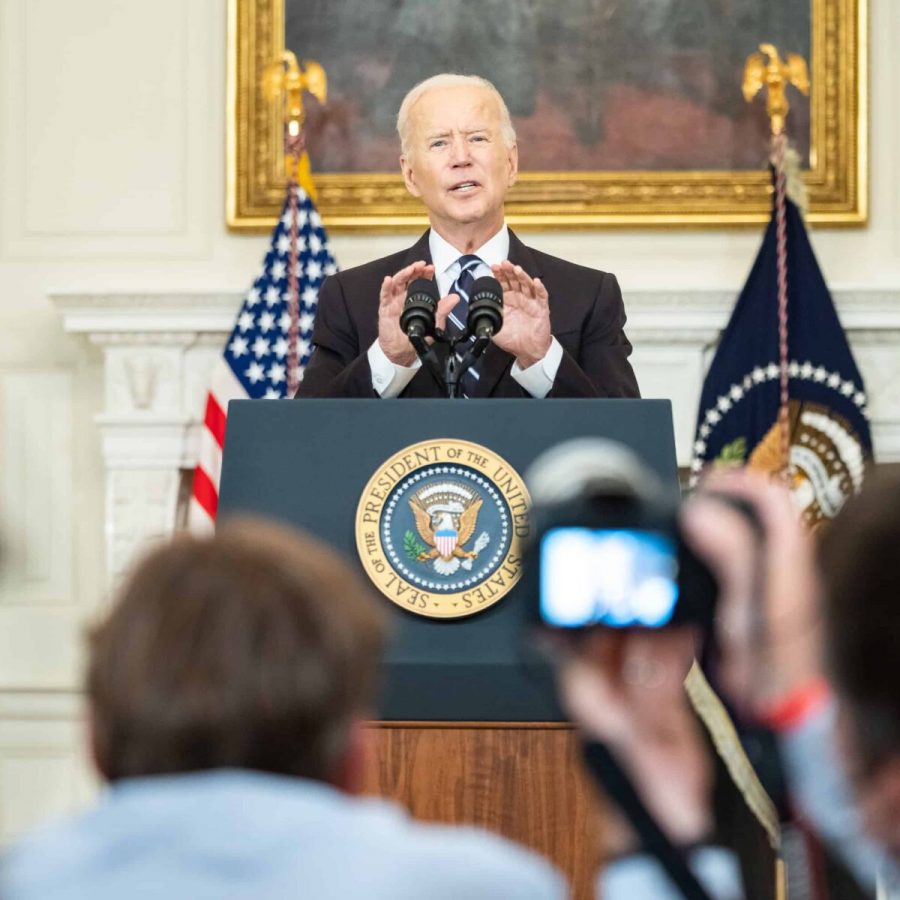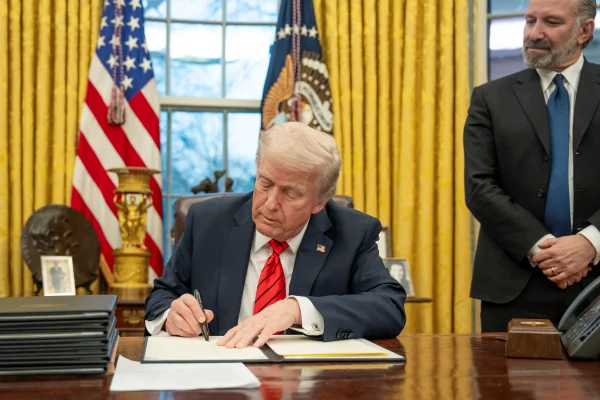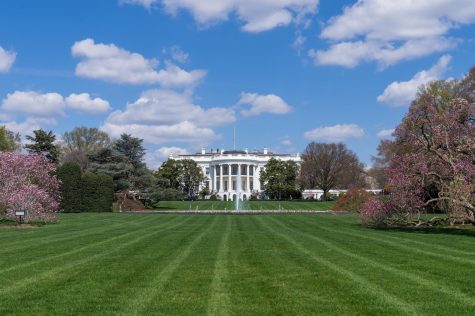Biden Rallies Nations to Combat Climate Change
President Biden outlined his plan to assist developing countries in their fight against climate change in a recent speech to the UN General Assembly.
While addressing the United Nations General Assembly in New York City on Tuesday, Sept. 22, President Biden pledged to double the United States’ financial support to low-income countries so they can fully commit to sustainability in coming decades. As of April, this number was $5.7 billion; the current pledge has doubled the amount, to around $11 billion.
Biden’s committment to global sustainability comes after he campaigned to take swift action to combat the climate crisis. He has received pressure to ramp up his environmental agenda, however, after some progressive environmental activists criticized him for not taking bolder steps since last January.
The Willistonian spoke with Lydia Wegman, former Director for Air Quality Strategies at The Environmental Protection Agency, to discuss what Biden’s plan could mean for the environment in the coming decades. Wegman, who has since retired, is glad Biden is focused on assisting countries to meet their environmental goals, as well as holding others accountable if they don’t do their part.
“While the U.S. is of course a major world leader and we certainly contribute to climate change, other countries are actually bigger contributors to the climate problem worldwide,” Wegman said. “We have to do something to protect people in this country, but we also have to be mindful of what goes on in other countries because we do in fact live in a global environment.”
Wegman worries about a few countries in particular, whose leaders have made it clear that climate change is not a priority.
“I think Brazil, Indonesia, India, and China are among the [countries] that are failing to do what needs to be done,” Wegman said. “President Jair Bolsonaro in Brazil has been cavalier in protecting the Amazon rainforest and has even encouraged corporations to destroy it. To me that is a disastrous situation not only for climate change, but also for biodiversity and the overall health of the planet,” she said.
Former President Donald Trump was often harshly criticized for endorsing the environmental choices of these countries’ leaders, including Bolsonaro and Narendra Modi, the Prime Minister of India, according to The New York Times. As Wegman mentioned, both leaders have taken unconcerned stances on climate change in the past.
Peter Gunn, Government and Economics teacher at Williston, thinks nations would be less divided over issues like climate change if former president Trump had focused more on diplomacy.
“I think we would have been far better off today, if we had spent more of the last four years looking at a community responsibility, rather than an ‘America First’ responsibility,” Gunn said. “There’s a difference between equality and equity, and I don’t think that President Trump wanted to impress that upon the American people. He knew that he could just talk about equality, which ignores the fact that we’re in a position to provide resources and make sacrifices.”
Gunn believes wealthier nations, such as the United States, have an obligation to assist low-income countries to help make their environmental goals a reality.
“It makes much more sense for us to work collaboratively and collegially with other countries, even if Americans pay a higher percentage than our population,” Gunn said. “I think that offering financial support that would have an environmental impact is what countries should be doing.”
Olin Rose-Bardawil is a senior from Northampton, MA who has written for the Willistonian since 2021 and has served as its editor-in-chief since 2023. In...











